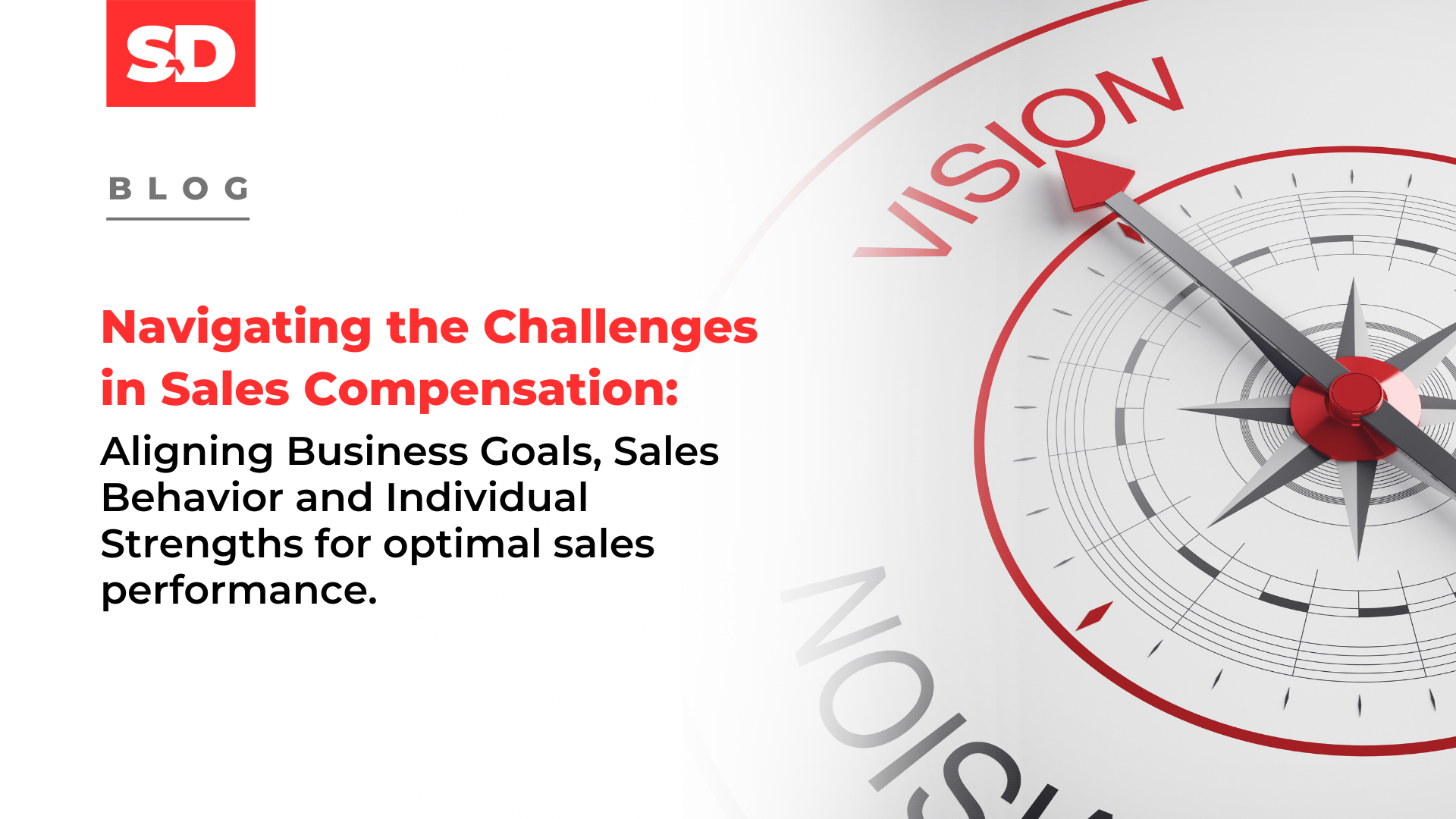A Story to compensate…
Aliya watched helplessly as Kenny led the customer away to a corner that sold lipsticks and powders that went with specific shades of lipstick. Kenny always does that. He lets Aliya open the conversation, figure out what the customer is really after and sneaks them away to close the deal. So, he logs more closes than Aliya and since the store compensates for the closes he gets paid more.
Aliya tried to take this up with the store manager who simply said that the company policy was to compensate sales people based on closes. He also brought up the issue of slow closes by Aliya during the Black Friday sales last season and how customers complained of a long waiting line and Kenny had to pitch in to help her.
Aliya tried to argue that those she closed during the season actually came back for more later whereas Kenny’s closes didn’t. The manager shrugged and said that even though he personally believes that Aliya and Kenny can close more sales and bring more customers back if they worked together, the company simply rewards closes and that is a hard hitting fact.
Aliya’s frustration grew over time, leading her to contemplate a career change. She couldn’t shake the feeling that her unique approach to sales was not appreciated in an environment that placed so much emphasis on closures. The idea of exploring other professional avenues began to tempt her, as she longed for an environment that would value her ability to establish genuine connections with customers and find holistic solutions to their needs.
Aliya’s decision to switch careers wasn’t just about leaving her current job. It was driven by a desire to find a place where she could thrive and be appreciated for her unique approach to sales, ultimately seeking an environment that embraced the nuance and complexity of the profession.
“Sales compensation plans design must reinforce behavior”
A successful sale is not simply a transaction; it encompasses a series of behaviors that begin with understanding a prospect’s needs and ends with satisfying those needs with the right product. Aliya excels in this regard, as she quickly identifies customers and engages them in meaningful conversations to uncover their underlying requirements. By probing and gathering more information, Aliya showcases her ability to offer tailored solutions that extend beyond the initial customer request.
Sales goals and approaches need to change sometimes based on seasonality. In this use case, sales closures are important during peak season sales such as Black Fridays. During off season relationships can be fostered and repeat sales can become a source of revenue. The key here is to align sales people’s behaviors to desired business goals. Aliya needs to learn to close faster during peak season so that opportunity can be maximized. Kenny needs to learn to generate repeat sales during off season so that revenue can trickle into the store.
A good sales compensation plan takes into consideration these business goals and aligns sales compensation to reinforce required behavior rather than focus exclusively on revenue generated.
“A good sales compensation plan should be personalized”
Sales teams are not homogeneous, and a one-size-fits-all compensation plan may fail to address individual strengths and goals. Personalizing compensation structures allows you to recognize and reward diverse skills within your sales force.
The stark difference between Aliya and Kenny lies in their respective strengths and sales approaches. Aliya’s strength lies in her ability to establish genuine connections with customers, actively listening to their needs and understanding the motivations behind their purchases. Her approach focuses on creating long-term customer relationships that can lead to a stable customer base and repeat purchases. On the other hand, Kenny excels in swiftly acquiring new customers and efficiently finalizing sales. He possesses the finesse to seal the deal promptly, but his interaction tends to be more transactional in nature.
It is essential to recognize that both Aliya and Kenny possess different skills that are needed by the store. The same compensation plan may leave one of them frustrated and increases attrition for the store as a whole. The best way out is to have a different incentive comp plan for Aliya and Kenny. This personalization makes it possible to make them feel valued and appreciated and it ultimately results in the store having the ability to sell better both during off season and peak seasons.
“Selling can be a team game”
The store manager’s observation that Aliya and Kenny can be a great team as they have complimentary skills is worth its salt. But that is not how the store management sees the situation and their compensation plan actually pits Aliya and Kenny into competition rather than collaboration. The end result, one of them will ultimately leave.
When a firm begins to see the sales process as a team effort, then the compensation plan has to recognize and reward team behavior. For example, the store can announce a team bonus shared between Aliya and Kenny if they can work together and cross a certain sales target. This will make them think differently and work together rather than be pitched in competition against each other.
Ten Reasons Why Manually Administered Sales Compensation Plans Fail
The above three nuances make the sales compensation plan layered and complex to administer. Imagine a retail chain with hundreds of outlets across different countries having thousands of sales people. A plan that is aligned to business goals, while tailored to optimize individual strengths as well as reinforce teamwork is not just complex to design, but absolutely chaotic when it comes to administration. Here is why it is not advisable for doing this with manually maintained spreadsheets or simplistic software.
- Inconsistencies: Manual compensation planning often leads to inconsistencies in how salespeople are rewarded, as different managers may interpret and apply the compensation guidelines differently.
- Errors and Mistakes: Relying on manual calculations increases the risk of errors and mistakes in determining commissions and bonuses, potentially resulting in inaccurate payouts and dissatisfaction among sales teams.
- Lack of Real-Time Visibility: Manual systems lack real-time visibility into sales performance and compensation metrics, making it difficult to track individual progress and make timely adjustments to the compensation plan.
- Time-Consuming Process: Manually managing compensation plans requires significant time and effort, including collecting and collating sales data, calculating commissions, and distributing payments. This can be a cumbersome and inefficient process.
- Limited Scalability: As the sales team grows, managing compensation manually becomes increasingly challenging. Spreadsheets and disparate systems may not be able to handle the volume of data, leading to further complexities and potential errors.
- Difficulty in Analyzing Performance: Manual systems make it difficult to analyze the impact of compensation structures on individual and team performance. It becomes challenging to identify patterns, trends, and areas for improvement without proper data analysis tools.
- Lack of Flexibility: Manual compensation planning often lacks flexibility, making it challenging to adapt the compensation structure to changing business goals, market dynamics, and individual performance.
- Delayed Payments: Manual processes can result in delayed commission payments, leading to frustration and demotivation among salespeople who rely on timely compensation.
- Limited Transparency: Manual compensation systems may lack transparency, making it difficult for salespeople to understand how their payouts are calculated and leaving room for misperceptions and disputes.
- Compliance and Audit Risks: Manual systems pose compliance and audit risks, as it becomes challenging to maintain accurate records, track changes, and ensure fairness and legality in compensation practices.
Why Orale CX is the perfect solution
Oracle CX provides a comprehensive suite of tools and capabilities to support your compensation planning needs. More specifically Oracle CX has the following capabilities:
Automation and Streamlining: Oracle CX offers automation capabilities that streamline the entire compensation planning process. With Oracle CX, you can define performance metrics, set targets, and establish rules for calculating commissions and bonuses. The platform automates these calculations, reducing manual errors and saving time for sales managers and administrators.
Personalized Compensation Plans: Oracle CX allows you to create personalized compensation plans tailored to individual sales representatives. The platform enables you to assign different weights and incentives to various performance metrics based on the specific roles and responsibilities of each salesperson. This flexibility ensures that compensation plans align with individual goals, skills, and contributions.
Real-Time Visibility and Analytics: Oracle CX provides real-time visibility into sales performance and compensation metrics. Sales managers can access dashboards and reports that provide insights into individual and team performance, allowing for data-driven decision-making. By analyzing the impact of compensation structures, managers can make informed adjustments to optimize performance and align incentives with business objectives.
Incentive Management Modules: Oracle CX offers specific modules designed to enhance incentive management. For example, Oracle Incentive Compensation enables you to design and manage complex compensation plans, calculate accurate payouts, and provide salespeople with clear visibility into their earnings. This module integrates seamlessly with other Oracle CX components, ensuring a comprehensive and cohesive approach to compensation planning.
Seamless Integration with CRM: Oracle CX integrates with customer relationship management (CRM) systems, allowing for seamless data flow between sales performance and compensation management. This integration ensures that compensation plans are aligned with CRM data, such as sales revenue, customer acquisition, and customer retention, providing a holistic view of sales effectiveness.
How SalesDrive Can Add Value:
SalesDrive offers comprehensive expertise in aligning business objectives with sales strategies and designing creative and effective incentive compensation plans. With a deep understanding of the relationship between business success and sales performance, SalesDrive delivers tailored solutions that drive sales growth.
Expertise in Oracle CX Solutions: With a proven track record of implementing Oracle CX solutions for diverse clients, SalesDrive possesses in-depth knowledge of the platform’s capabilities. Leveraging this expertise, SalesDrive can fast track implementation and deliver high-quality solutions within a reasonable timeframe.
Talent and Execution Capabilities: SalesDrive takes pride in its passionate and skilled team. Our talented professionals possess a keen eye for talent and are adept at rapid solutioning and high-speed execution. This enables us to design and implement customized compensation plans that motivate sales teams while ensuring alignment with business goals.
Creative Solutions for Sales Success: SalesDrive’s deep knowledge and experience in incentive compensation planning allow us to devise creative strategies that drive sales performance. By aligning incentives with desired behaviors and utilizing the power of technology, we help businesses optimize sales effectiveness and maximize revenue generation.
Streamlined Project Flow: With our proprietary five-step process, SalesDrive ensures a streamlined project flow that prioritizes efficiency and cost-effectiveness. By understanding your unique requirements, we deliver tailored solutions that align with your business objectives, while keeping costs reasonable.
Partnering with SalesDrive empowers businesses to unlock the full potential of their sales teams by designing effective compensation plans that drive performance. With our expertise, execution capabilities, and passion for talent, we are committed to delivering impactful solutions that enhance sales growth and align with your organizational goals.




